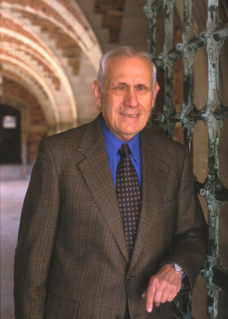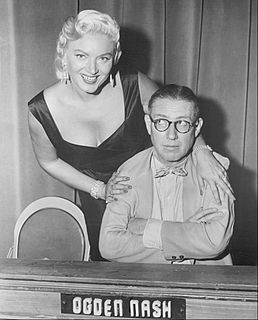A Quote by Donald Kagan
We, to some degree, are like what we are because we inherited certain things from the Greeks and the Romans. One of them that's so striking is the whole area of politics.
Related Quotes
I think the Greeks first took astrology to India and took from the Hindus the science of astronomy and carried it back with them from Europe. Because in India you will find old altars made according to a certain geometrical plan, and certain things had to be done when the stars were in certain positions, therefore I think the Greeks gave the Hindus astrology, and the Hindus gave them astronomy.
... the whole of society in Washington is to some degree political. It is like no other capital city known to me, in that political thinking, the whole business, technical and personal, of politics, is not diluted by an equal interest in art, industry, amusement, anything you like. I don't meant that these are non-existent in Washington -- only that they are subdued to the ruling passion.
Some like them hot,some like them cold. Some like them when they're not to darn old Some like them fat,some like them lean. Some like them only at sweet sixteen. Some like them dark,some like them light. Some like them in the park,late at night. Some like them fickle,some like them true, But the time I like them is when they're like you
The religion of art, like the religion of politics, was born from the ruins of Christianity. Art inherited from the old religion the power of consecrating things and endowing them with a sort of eternity; museums are our temples, and the objects displayed in them are beyond history. Politics--or more precisely, Revolution--co-opted the other function of religion: changing human beings and society. Art was an asceticism, a spiritual heroism; Revolution was the construction of a universal church.
One of the things that is most striking about the young generation is that they never talk about their own futures, there are no futures for this generation, not any of them and so naturally they never think of them. It is very striking, they do not live in the present they just live, as well as they can, and they do not plan. It is extraordinary that whole populations have no projects for a future, none at all.
I do not feel that the West has really become less condescending toward foreign cultures than the Greeks and Romans were: it has only become more tolerant. Mind you, not toward Islam—only toward certain other Eastern cultures, which offer some sort of spiritual attraction to the spirit-hungry West and are, at the same time, too distant from the Western world-view to constitute any real challenge to its values.








































